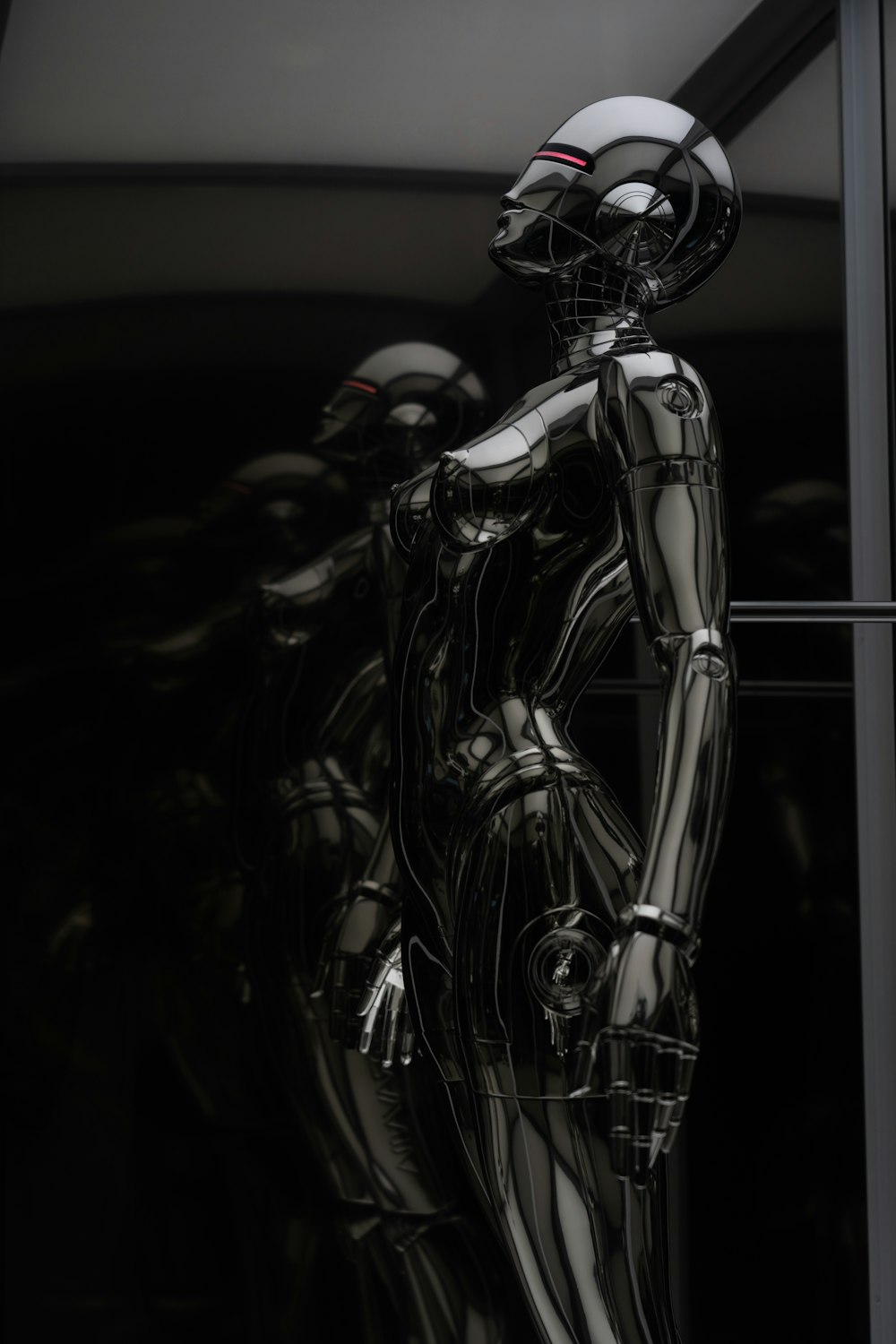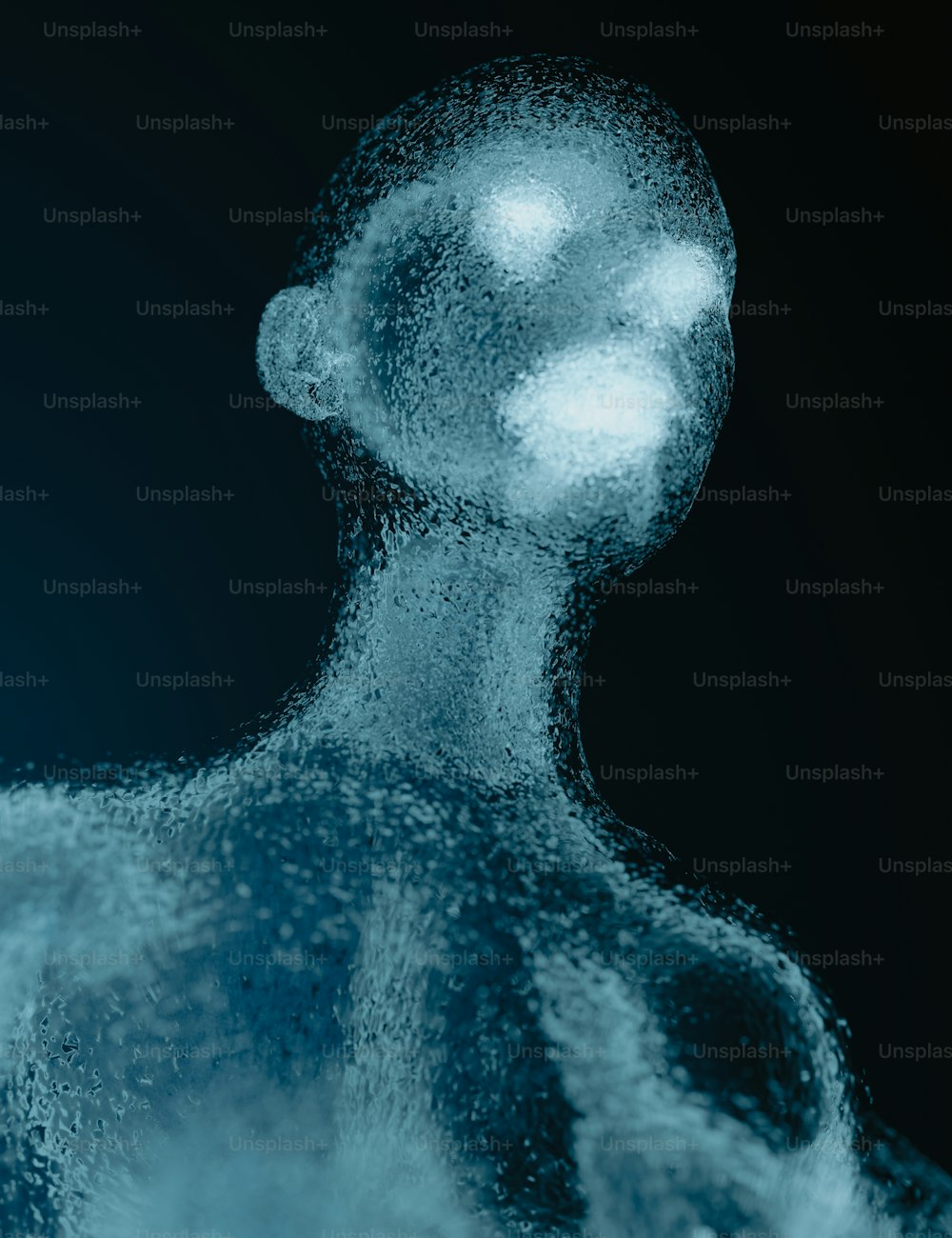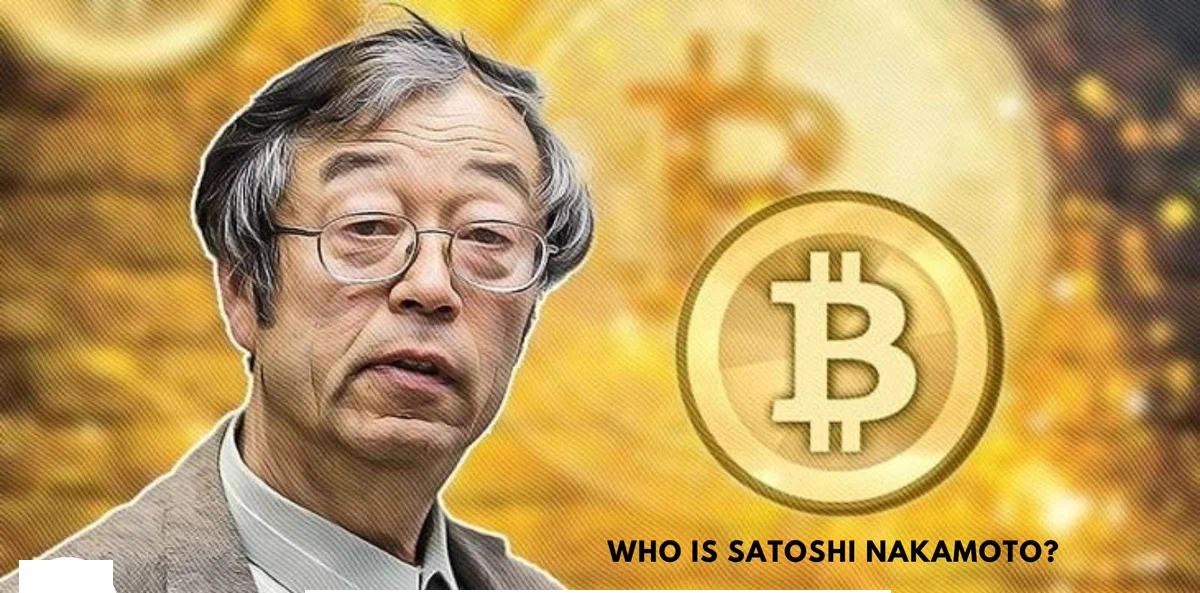Introduction

Neuralink, the brainchild of tech mogul Elon Musk, has consistently raised eyebrows with its audacious vision of merging humanity with artificial intelligence (AI). While Musk's aspirations for unifying humans and AI may seem noble on the surface, a closer examination reveals a path that, if deviated from the norm, could pose a grave threat to humanity. This article takes a candid look at Neuralink's unique approach, the potential implications it carries, and the intriguing parallels it shares with ancient religious warnings of a man injecting a code with the number 666.
The Departure from the Norm:

Neuralink's vision starkly deviates from conventional norms. Instead of focusing on the conventional goals of technology, like improving efficiency, convenience, or solving pressing global issues, Neuralink seeks to redefine the very essence of humanity itself. This departure from the norm raises legitimate concerns about the unintended consequences of such a radical endeavor.
The Human-AI Unification:
At the heart of Neuralink's mission lies the controversial notion of human-AI unification. While some argue that this could lead to unprecedented advancements in human cognition and problem-solving, others fear that it could strip away what makes us inherently human—our individuality. The idea of becoming one with AI raises ethical questions about personal identity, autonomy, and the potential loss of humanity's unique qualities.
A World Without Norms:
The unification envisioned by Neuralink could lead to a world where the lines between humans and machines blur beyond recognition. A future where individual thoughts and actions can be influenced, if not controlled, by external AI entities is a dystopian prospect that should give us pause.
Privacy and Control:
Neuralink's journey toward human-AI unification inevitably raises serious concerns about privacy and control. Who will oversee and regulate this merger? What safeguards will be put in place to prevent the misuse of such powerful technology? The potential for abuse and manipulation looms large, leaving humanity vulnerable to exploitation.
The Enigmatic "Code 666":

Interestingly, Neuralink's ambitions draw eerie parallels with ancient religious warnings about a man injecting a code with the number 666 into humanity. While we refrain from labeling this a conspiracy, it's worth noting that the relevance of Neuralink's endeavors to these age-old cautionary tales cannot be ignored. These ancient texts and artifacts have long forewarned about a future where individuals might be subject to a code that could alter their very essence.
Conclusion:
While Neuralink's vision of unifying humanity and AI may seem like a bold leap into the future, it carries undeniable risks and ethical dilemmas. The path it treads is riddled with uncertainties, and the potential for unintended consequences is immense. A world where individuality is sacrificed for the sake of unification with AI is not a future that all will welcome.
In the absence of clear, well-defined guidelines and regulations, Neuralink's trajectory remains uncertain. As society grapples with the implications of this technological venture, it is imperative that we remain vigilant and proactive in addressing the ethical and societal challenges that may arise. The future of humanity and AI integration should not be taken lightly, and a critical examination of Neuralink's ambitions is essential in shaping a responsible and ethical path forward, all while considering the enigmatic echoes of "Code 666" from the annals of history.










